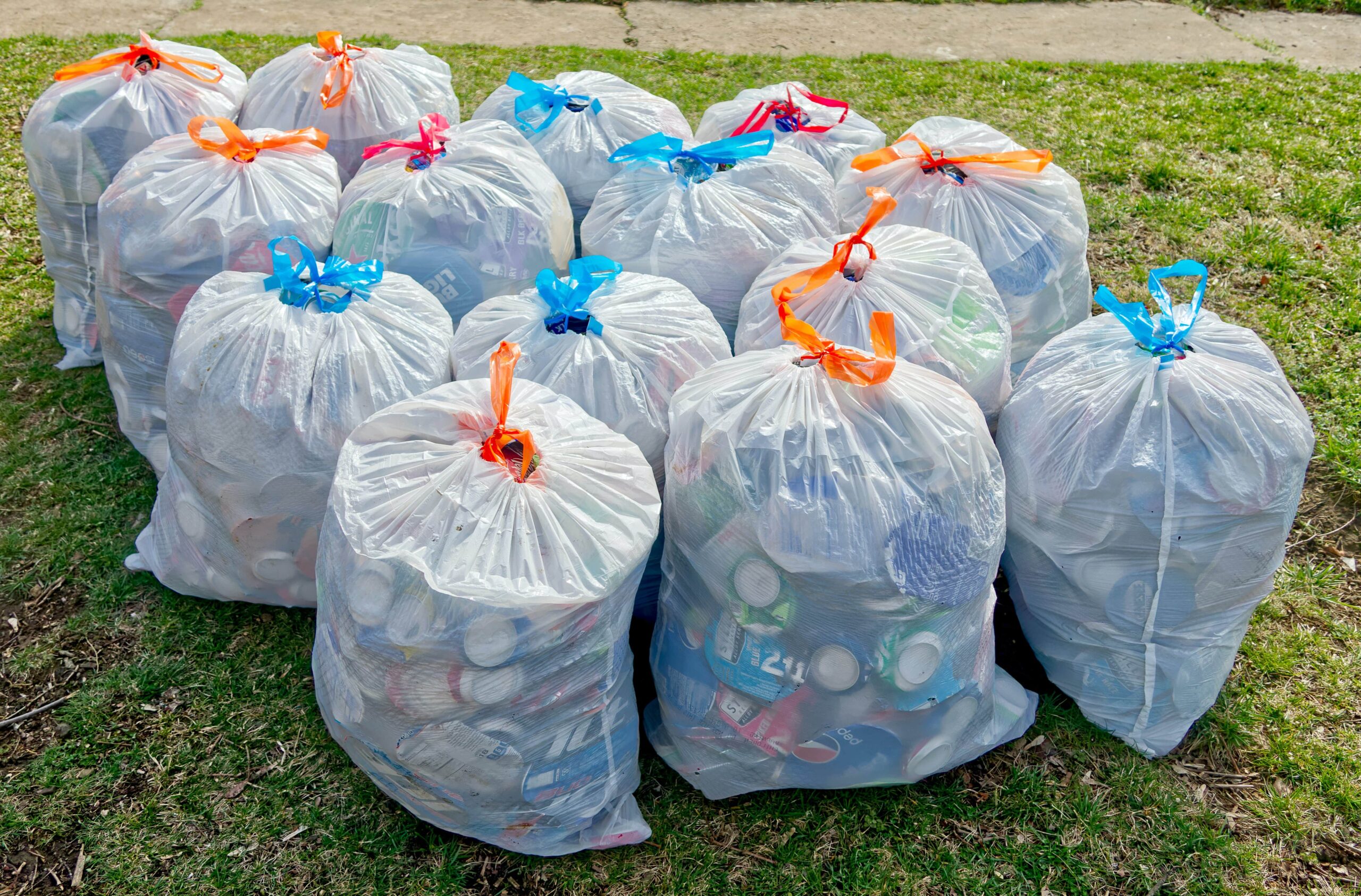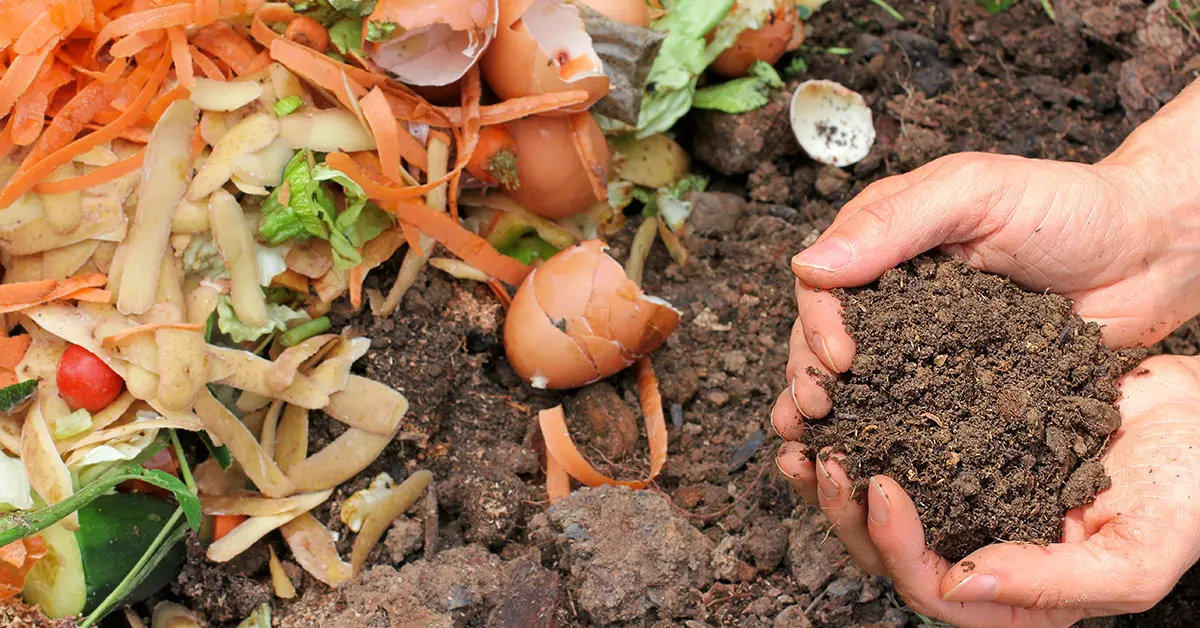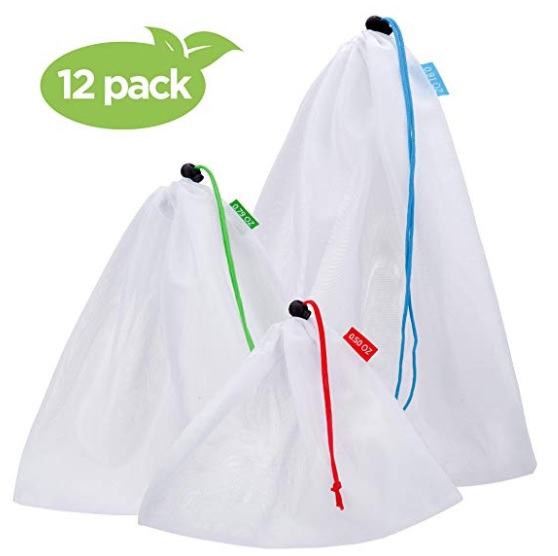Introduction:
With overflowing landfills and growing concerns about plastic pollution, the quest for greener waste disposal solutions leads us to compostable trash bags. But are they truly the eco-warriors they claim to be? This comprehensive guide delves into the world of compostable trash bags, separating hype from reality and empowering you to make informed choices for a more sustainable future.
Breaking Down the Buzzwords:
Before diving in, let’s clarify some key terms:
- Compostable: Decomposes entirely into harmless organic matter under specific conditions, typically industrial composting facilities.
- Biodegradable: Breaks down over time, but not necessarily into compostable components.
Compostable Trash Bags: Unveiling the Benefits:
- Landfill Diversion: Unlike traditional plastic bags that persist for centuries, compostable alternatives divert waste from landfills, promoting a circular economy where materials return to the earth as nutrients.
- Food Waste Management: Food scraps contribute significantly to landfill methane emissions. Composting food waste in compostable bags minimizes these emissions and creates nutrient-rich soil.
- Reduced Plastic Pollution: Opting for compostable alternatives contributes to reducing plastic pollution in landfills, oceans, and ecosystems.
Key Features and Considerations:
- Material Composition: Explore various materials like plant-based starches, biopolymers, and cellulose. Each material has different biodegradation timelines and composting facility compatibility.
- Certification: Look for reputable certifications like BPI Compostable or OK Compost Home to ensure the bags meet stringent decomposition standards and align with your local facilities’ capabilities.
- Composting Infrastructure: Not all regions have access to industrial composting facilities. Home composting may not be suitable for all bag types. Ensure compatibility with your local infrastructure.
- Food Contact Safety: Some bags may not be certified for direct food contact. Check certifications and labels for safe food packaging usage.
Peeling Back the Hype: Addressing Drawbacks and Limitations:
Despite their merits, compostable trash bags have limitations:
- Higher Cost: Compared to conventional plastic bags, compostable options often come at a premium. However, economies of scale and rising awareness are driving cost reductions.
- Limited Composting Infrastructure: Access to industrial composting facilities varies globally. Improper disposal can lead to contamination and negate the environmental benefits.
- Misinformation and Greenwashing: Not all claims are accurate. Verify certifications and understand limitations to avoid greenwashing.
- Not a Silver Bullet: Compostable bags are an alternative, not a replacement for reducing waste and prioritizing reuse.
Using Compostable Trash Bags Responsibly:
- Prioritize Reduction and Reuse: Minimize waste generation and opt for reusable containers whenever possible.
- Understand Your Local Infrastructure: Verify your local composting facilities accept the specific type of compostable bag you choose.
- Look for Certifications: Choose bags with credible certifications like BPI Compostable or OK Compost Home.
- Compost Correctly: Follow composting guidelines specific to the bag material and your local facility.
- Support Sustainable Brands: Choose companies committed to using and promoting responsible packaging solutions.
The Future of Compostable Trash Bags:
Despite limitations, compostable trash bags hold promise for a more sustainable future. Ongoing research and development are continuously improving performance, affordability, and accessibility. By understanding their benefits, limitations, and responsible use, you can contribute to a future where waste disposal doesn’t burden our planet but enriches it.
FAQs:
Compostable trash bags are environmentally friendly alternatives to traditional plastic bags. They are typically made from plant-based materials such as cornstarch, vegetable oils, or other biodegradable polymers. These bags are engineered to break down in composting facilities, leaving behind nutrient-rich compost that can nourish soil and support plant growth.
Unlike conventional plastic bags that take hundreds of years to decompose, compostable bags break down within a few months under proper composting conditions. They do not contribute to plastic pollution or add to overflowing landfills. Additionally, they are made from renewable resources, reducing our dependence on fossil fuel-based plastics.
Composting involves controlled decomposition of organic matter, including compostable bags, into nutrient-rich soil amendment. These bags should be sent to a composting facility where microorganisms, heat, and moisture break them down. Follow local guidelines to ensure proper composting, including removing non-compostable materials like plastic labels or stickers.
– Read labels: Look for bags clearly labeled as compostable and certified by reputable organizations like BPI or EN 13432.
– Separate waste: Keep organic waste separate from non-compostable materials to ensure suitable items go into compostable bags.
– Proper Disposal: If your area lacks a composting facility, explore alternative collection programs or consider home composting1.
Compostable items break down entirely into harmless organic matter under specific conditions, while biodegradable items break down over time but not necessarily into compostable components.
Unlike traditional plastic bags, compostable alternatives break down naturally, promoting a circular economy where materials return to the earth as nutrients instead of lingering in landfills for centuries.
Composting food waste in compostable bags minimizes landfill methane emissions and creates nutrient-rich soil. It’s an eco-friendly solution for managing food scraps.
Opting for compostable alternatives helps reduce plastic pollution in landfills, oceans, and ecosystems, contributing to a cleaner environment.
Materials include plant-based starches, biopolymers, and cellulose. Each material has different biodegradation timelines and compatibility with composting facilities.
Reputable certifications like BPI Compostable or OK Compost Home ensure bags meet stringent decomposition standards and align with local facilities’ capabilities.
If you have a home composting system, you can add compostable bags to the pile along with other organic materials like food waste and yard clippings.
Explore alternative collection programs or consider using compostable bags for curbside pick-up of organic waste.
Compostable bags are best for organic waste, such as food scraps and yard trimmings. Avoid using them for non-compostable items.
By reducing plastic waste, minimizing carbon emissions, and supporting circular economies, compostable bags play a crucial role in creating a greener world.
Educate yourself, follow guidelines, and choose compostable bags consciously to make a positive impact on the environment.




